The Biology Department is excited to announce that it has 9 classes to offer in our immersion format during the Spring 2022 Semester. This semester of immersion has three sessions , and each session has three courses. Each session is 5 weeks long.
We recommend that you take one class per session for three courses total, and we generally do not recommend taking additional classes outside of the immersion offering.
Please see below for important dates:
Applications Available – 08/16/2021
You can find the link to application on this webpage on August 16, 2021.
Please note that instructors may ask you to interview in addition to your application.
Please follow this link and complete the survey to apply.
https://ufl.qualtrics.com/jfe/form/SV_3CqKD8kacPahdtA
Applications Due –09/03/2021 09/30/2021
Applications should be completed by September 30, 2021.
Acceptance Notifications Sent –09/17/2021 10/15/2021
The first round of students who have been accepted into the semester of immersion will be notified at this time. This is not a finalized list, as some students may turn down the opportunity.
Scholarship Application Available – 09/17/2021 10/15/2021
The link to the scholarship application will be available on October 15, 2021.
There are five scholarships available, each for an award of $500. The application is linked below.
https://ufl.qualtrics.com/jfe/form/SV_55q21sWJ2tfhQLs
Scholarship Application Due – 10/01/2021 10/31/2021
If you are wanting a department scholarship for the semester of immersion, the last day to complete the application is October 31, 2021.
Scholarship Application Award Notifications – 10/15/2021 11/12/2021
We will announce the recipients of the scholarship on November 12, 2021.
Commitment Deadline for Students – 10/22/2021 11/19/2021
This is the last day to decide to attend the semester of immersion. If you have not accepted by November 19, 2021, your spot will be offered to a student on the waiting list.
Session 1 – January 5, 2022 through February 8, 2022
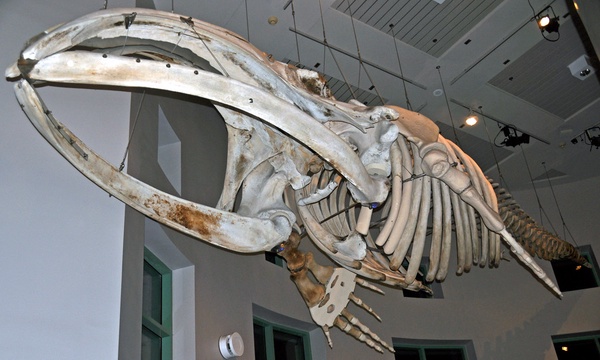
Marine Mammal Biology
– Dr. Stefanie Gazda PCB4460
This course will provide an understanding of a charismatic group of species, the marine mammals (cetaceans, pinnipeds, sirenians, sea otters and the polar bear), including evolutionary biology, physiology (locomotion, diving, thermoregulation, osmoregulation, reproduction), ecology (foraging/feeding behavior, distribution and habitat use, population dynamic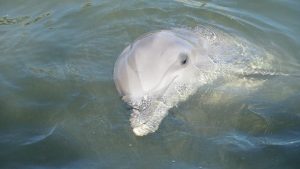 s), conservation and management. There will be several field trips throughout the course to both coastal areas and rehabilitation facilities. Students will participate in lectures, classroom discussions and laboratory work (digital as well as dry).
s), conservation and management. There will be several field trips throughout the course to both coastal areas and rehabilitation facilities. Students will participate in lectures, classroom discussions and laboratory work (digital as well as dry).
Textbook: Marine Mammals, Evolutionary Biology, Edition 3, by Annalisa Berta, James L. Sumich and Kit M. Kovacs. Publication date: 23 Apr 2015
EBook ISBN: 9780123972576
Hardcover ISBN: 9780123970022
Format: Lectures, research and data analysis, fieldtrips
Notes: Estimated cost to attend: $130
Field Ecology and Data Analysis – Dr. Jeremy Lichstein PCB4460
In this course, we will learn about local pine and hardwood forests and how they are changing. We will spend the majority of our class time on field trips in and around the Gainesville area, including the Natural Area Teaching Laboratory (NATL) on the main UF campus, San Felasco Hammock Preserve State Park,and UF’s Ordway-Swisher Biological Station (OSBS).
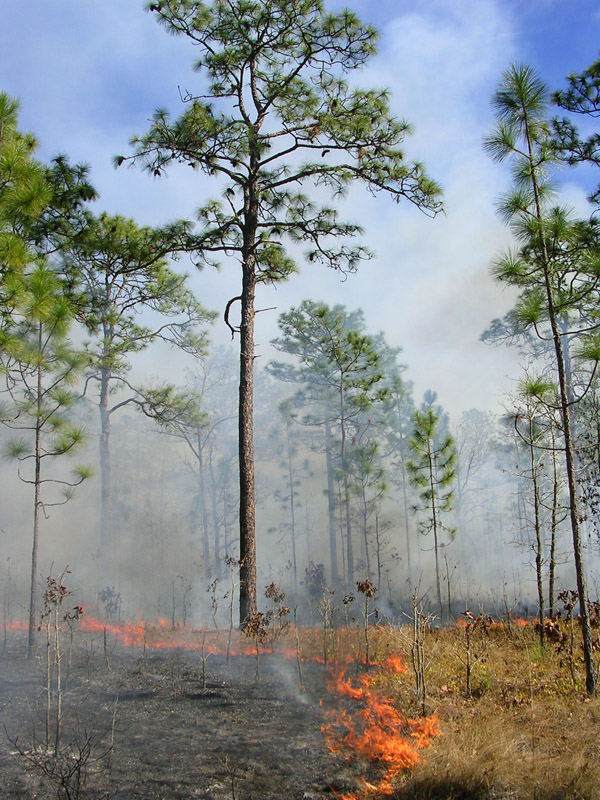
We will collect data on forest structure, tree species composition, and how gopher tortoise burrows interact with the surrounding vegetation.
We will also observe a prescribed burn at OSBS and study the role of fire in restoring and maintaining the endangered longleaf pine ecosystem. In addition to field trips, an important learning objective of this course is to develop data analysis skills using the R software package. R is the most widely-used toolset for statistics and other quantitative analyses in ecology and many other fields of science. An introduction to R is essential for students who are interested in honing their research skills.
Format: Field trips, data analysis, projects, no exams.
Notes: Estimated cost is $15.
Molecular and Genetic Responses to Environmental Stress – Dr. Keith Choe PCB4917
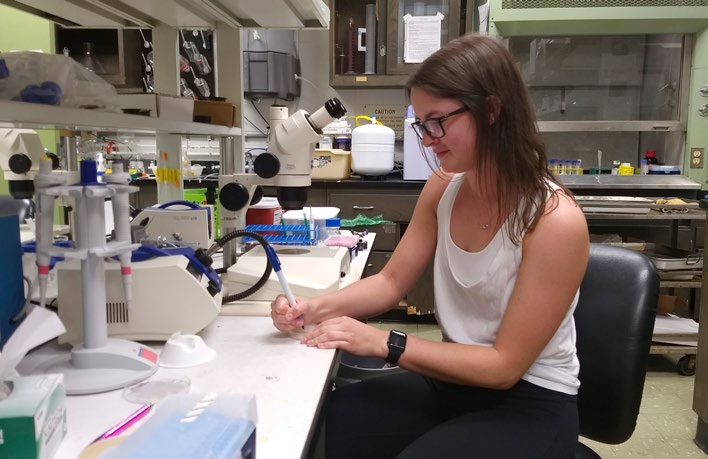
Natural and man-made changes in the environment can put tremendous stress on the ability of organisms to maintain homeostasis affecting human health, agriculture, and biodiversity. We will explore fundamental principles of cellular homeostasis and learn modern molecular and genetic research tools that are revealing insights into how cells detect environmental stress and activate protective genes and proteins. Students will participate in classroom discussions, conduct authentic experiments on genetic and molecular responses to environmental stress, and summarize your results in short written and oral reports. Experiments will be limited to non-vertebrate organisms including the model nematode Caenorhabditis elegans. We will also take field trips to sites that highlight environmental conditions in Florida and will visit molecular genetic researchers.
Format: Lectures, laboratory research, fieldtrips.
Notes: Estimated cost to attend: $100.
Session 2 – February 9, 2022 through March 15, 2022
***THIS SESSION WILL RUN THROUGH SPRING BREAK***
Marine Ecology – Dr. Melissa Meadows PCB4460
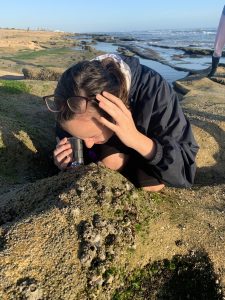 This course will take advantage of the wide array of marine habitats in Florida as the perfect backdrop to explore marine ecology. We will explore organismal biodiversity, adaptations, and interactions during field trips to the Whitney Laboratory for Marine Bioscience, the Nature Coast Biological Station on Seahorse Key, the Florida Keys, and the Dry Tortugas.
This course will take advantage of the wide array of marine habitats in Florida as the perfect backdrop to explore marine ecology. We will explore organismal biodiversity, adaptations, and interactions during field trips to the Whitney Laboratory for Marine Bioscience, the Nature Coast Biological Station on Seahorse Key, the Florida Keys, and the Dry Tortugas.
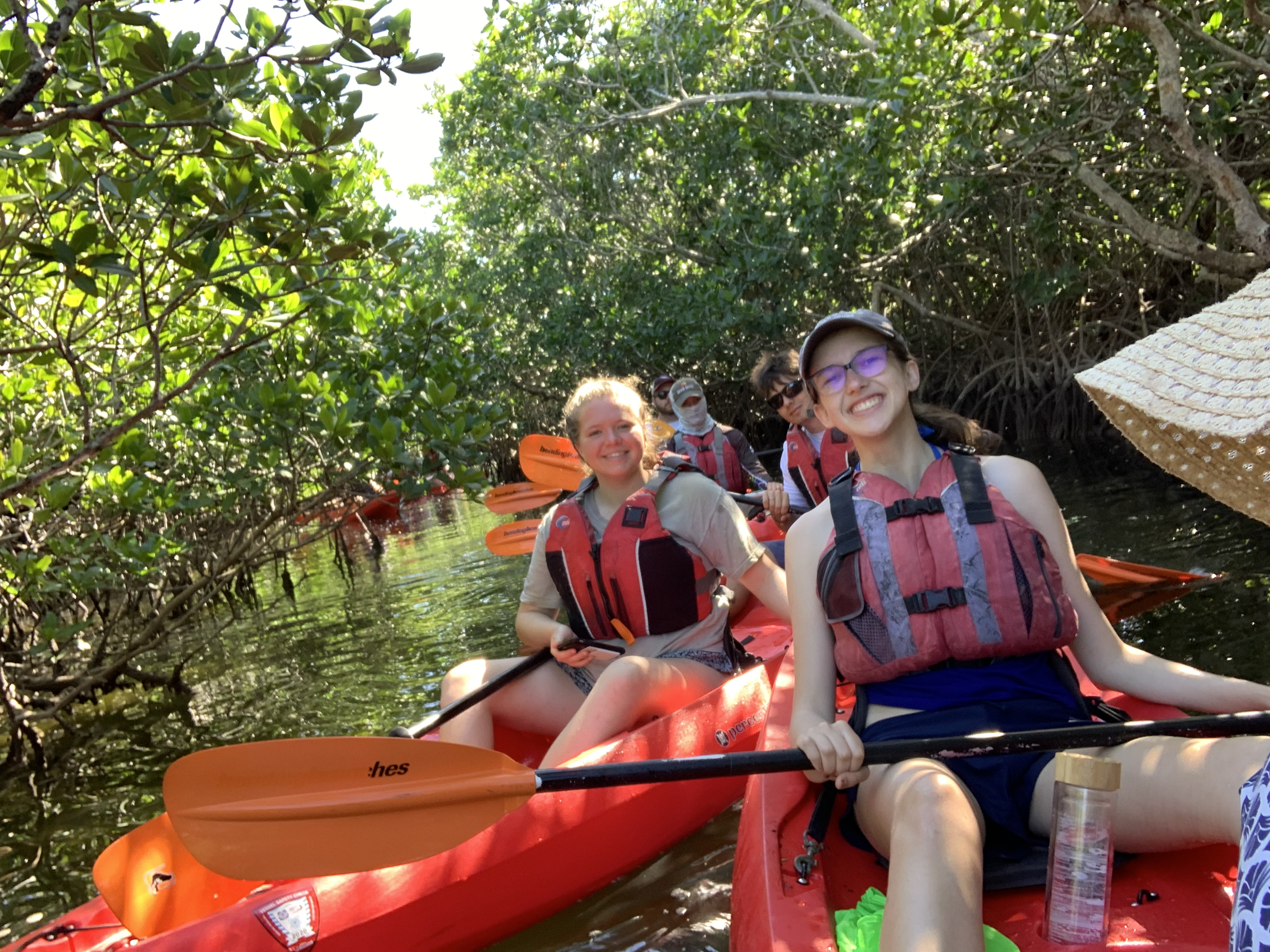
A comparative approach will be applied to our explorations of the Gulf and Atlantic coasts of Florida, habitats more and less impacted by human activities, rocky vs. mudflat intertidal zones, salt marshes vs. mangroves, the reefs of the northern Keys vs. the Dry Tortugas, springs (manatees!!!), sea grass beds, oyster beds, and more! About 4 weeks will be spent in the field with the remainder on campus at UF.
Format: Lectures and field trips.
Notes: Suggested texts, see site for info. Est. cost to attend: $1950
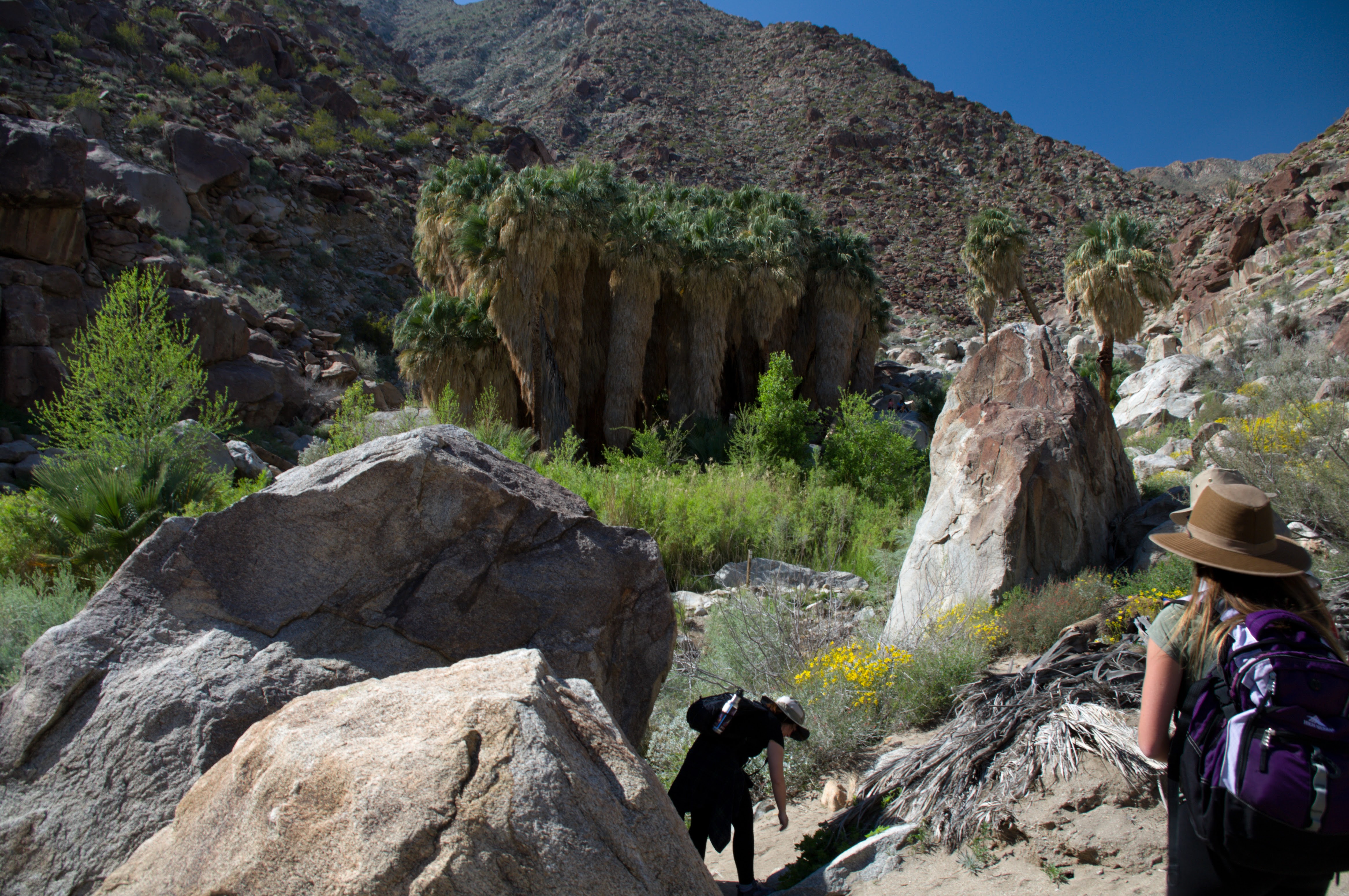
Desert Biodiversity – Dr. Norm Douglas PCB4460
In popular imagination deserts are desolate wastes of sand and rock. In reality, they are home to thousands of interesting and unique species of plants and animals with incredible adaptations to survive in arid conditions. “Desert Biodiversity” is designed to let students experience the excitement of making their own discoveries in natural history, while cultivating concrete skills in documenting observations of species, habitats, behaviors, and ecosystem-level processes particular to dry environments, as well as ecological impacts resulting from human activity.
The course begins in Gainesville, with preparation for the field through talks, readings, discussion, and other activities designed to help students take the greatest advantage of a roughly two-week field experience in the Mojave and Sonoran Deserts of the southwestern United States. Topics covered include conspicuous plants and animals, desert adaptations, and ecology and global distribution of deserts. In addition, students explore the tools and practice of biodiversity science and scientific natural history, including community science and big-data approaches to synthesizing knowledge of wild organisms.
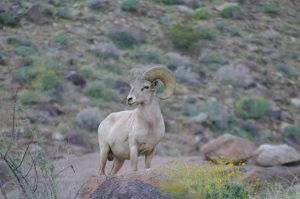
In the field, these new skills are practiced in areas that showcase desert life, including Death Valley National Park, Joshua Tree NP, the Anza-Borrego Desert, and Organ Pipe Cactus National Monument along with rarely-visited sites that conserve essential landscapes and wildlife on a vast scale.
Emphasis is placed observing the biota, asking original questions related to desert organisms, understanding their adaptations to withstanding and avoiding the inherent challenges of desert life, along with those brought on by humans.
Format: Intro. activities at UF, field excursions in AZ and CA, data analysis & presentation.
Notes: Est. cost to attend: $625, plus meals & airfare to & from field.
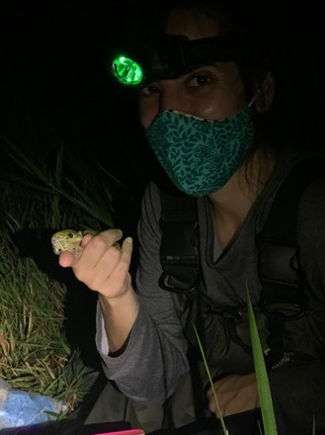
Disease Dynamics in the Wild – Dr. Ana Longo PCB4460
Disease ecology focuses on disentangling the interactions among hosts, pathogens, and their environment. In this course, we will study two important emerging pathogens in wildlife: the chytrid fungus Batrachochytrium dendrobatidis (Bd) and Ranavirus.
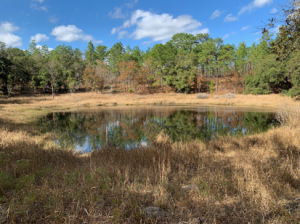 The chytrid fungus is exclusively associated with amphibian hosts, whereas ranavirus infects fish, amphibians, and reptiles. We will examine disease dynamics at the community level to understand potential transmission pathways and differences in host susceptibility. This course will integrate field work, lab work, and statistical analyses using R as a programming language. We will be taking samples from live animals including frogs, salamanders, tortoises, and snakes. Students are expected to develop their own projects, including experimental design and data analyses.
The chytrid fungus is exclusively associated with amphibian hosts, whereas ranavirus infects fish, amphibians, and reptiles. We will examine disease dynamics at the community level to understand potential transmission pathways and differences in host susceptibility. This course will integrate field work, lab work, and statistical analyses using R as a programming language. We will be taking samples from live animals including frogs, salamanders, tortoises, and snakes. Students are expected to develop their own projects, including experimental design and data analyses.
Format: Lectures, weekly field trips, data analysis in R, oral & written projects. No exams.
Notes: Suggested texts, see site for info. Est. cost to attend: $500.
Session 3 – March 16, 2022 through April 19, 2022
Invertebrate Biodiversity on Coral Reefs – Dr. Gustav Paulay ZOO4205C/ZOO6927
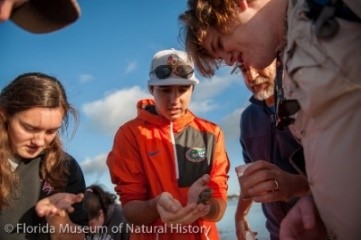
This graduate and undergraduate course uses the rich marine life of coral reefs to investigate animal organization, evolution, and biodiversity. Students will explore reef and near-reef communities to learn about marine biodiversity and ecology. You will learn how to recognize and identify the major groups of marine animals, how they are organized and function, and their evolutionary history and ecological roles. About four weeks at field sites in San Salvador, Curacao, or Florida, and one week in Gainesville.
Format: Lectures, labs at CARMABI field station, field trips.
Notes: Suggested text: see website Estimated cost to attend: $2768
**This is an international course and will require a valid passport**
Biome Biodiversity – Dr. Emily Sessa and Dr. Nick Keiser PCB4460
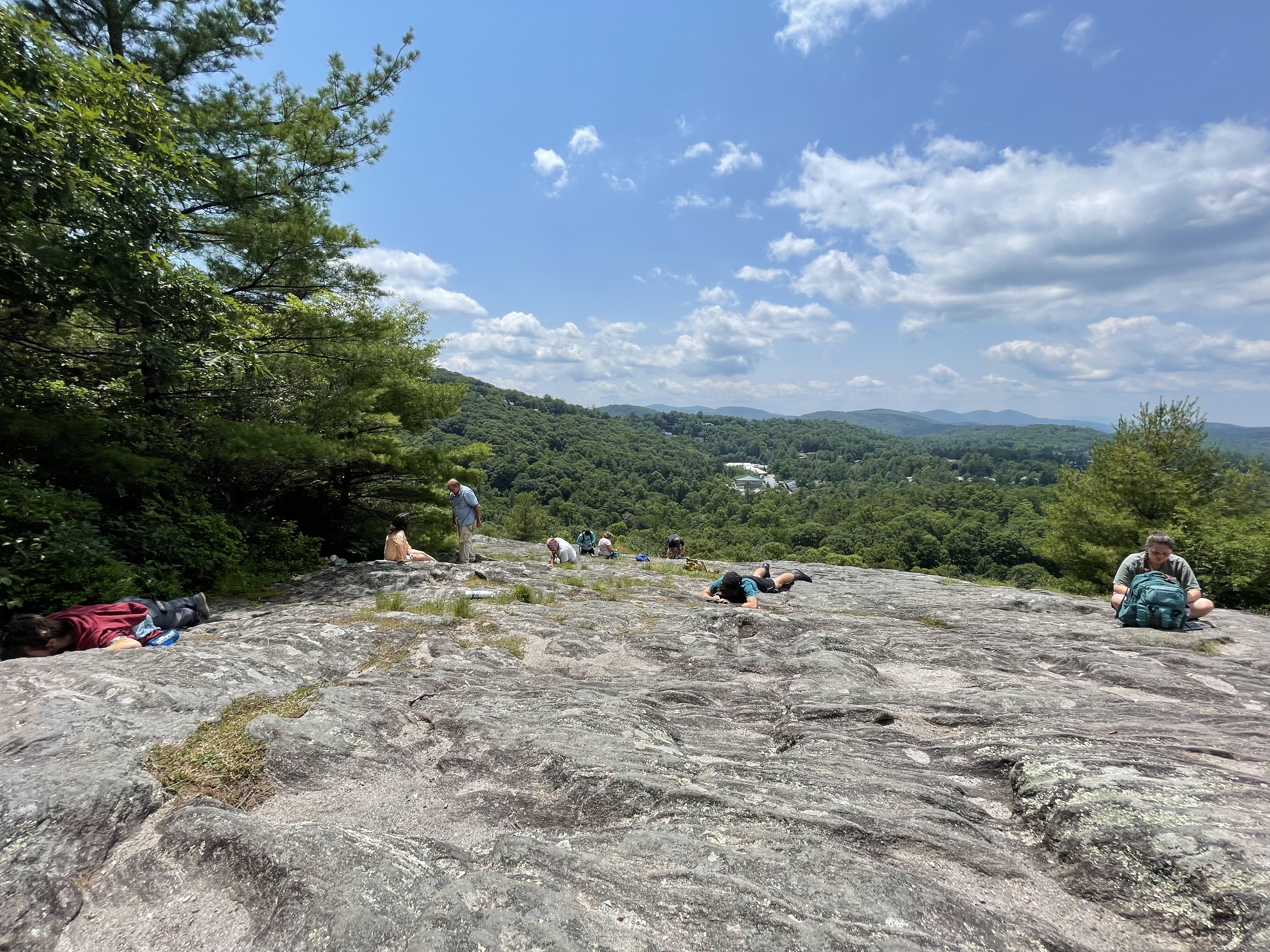 Immerse yourself in diverse biomes across the continental United States! This course is focused on the animals, plants, and landscapes of four ecoregions: Florida scrub, eastern deciduous forest, chaparral, and temperate rainforests. We will start on UF’s campus for introductory lectures and local field trips, then travel to Tennessee, northern California, and coastal Oregon.
Immerse yourself in diverse biomes across the continental United States! This course is focused on the animals, plants, and landscapes of four ecoregions: Florida scrub, eastern deciduous forest, chaparral, and temperate rainforests. We will start on UF’s campus for introductory lectures and local field trips, then travel to Tennessee, northern California, and coastal Oregon.
We will visit biological field stations, research facilities, biodiversity collections, and state/national parks. Students will learn about the ecology, climate, and iconic floras and animal communities of these regions, with a focus on species interactions and historical/contemporary human-wildlife interactions. The class is led by two professors whose complimentary expertise in botany and zoology make this a unique approach to biodiversity studies.
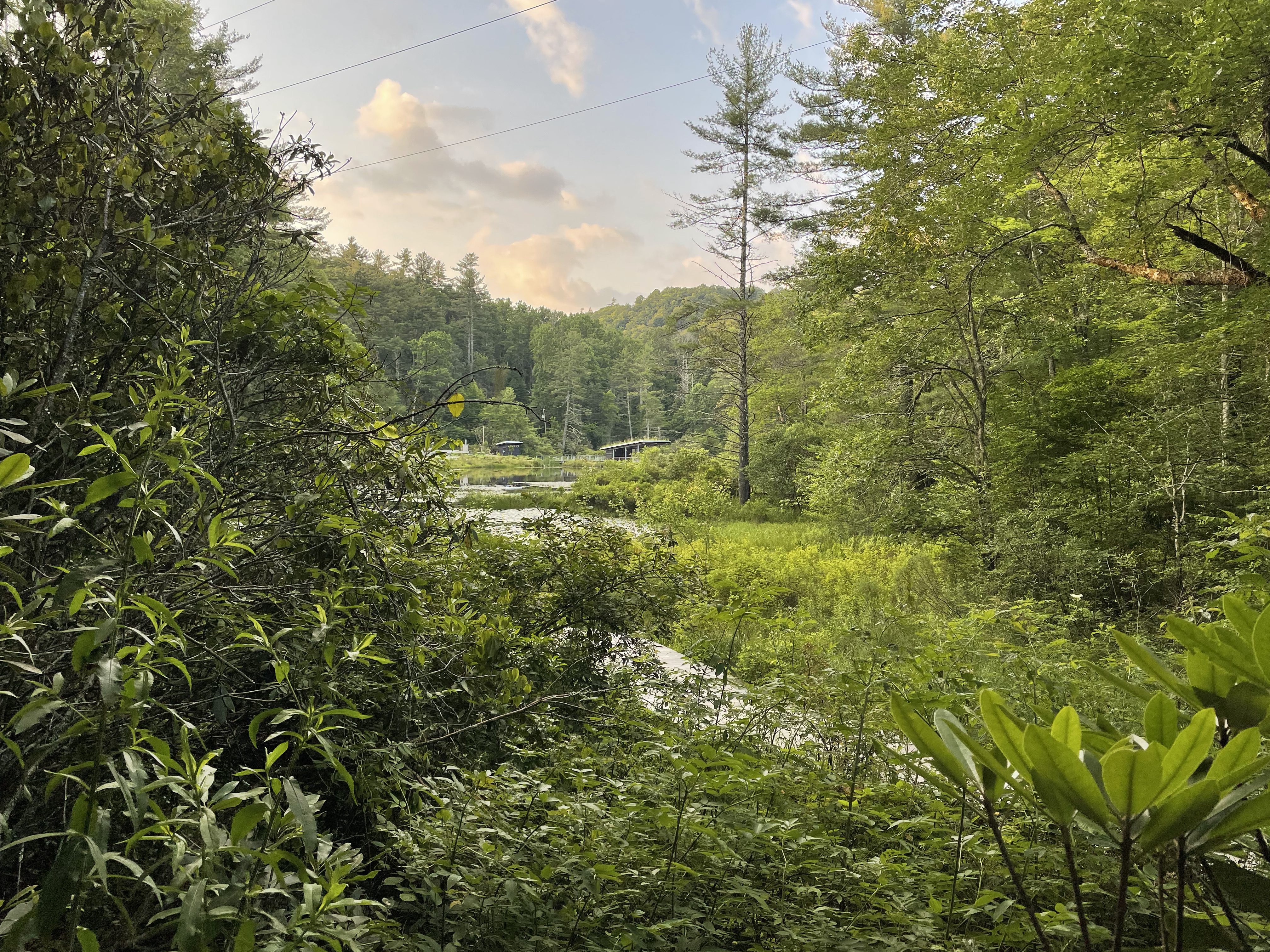
We will collect data at all localities, comparing and contrasting the effects of changing environments on the plants and animals present at each location.
Format: Intro activities & lectures at UF; local and extended field trips.
Notes: No course fees- all travel related costs covered by grant.
Infectious Disease Epidemiology – Dr. Tom Hladish PCB4917
This course provides an overview of human infectious diseases and their dynamics. After an initial look at how epidemics grow and the ways different professions think about diseases, each week will focus on a different mode of transmission (e.g. air borne, food and water, sexual interactions) and the associated diseases. As epidemiology is a highly integrative field, we will talk about everything from microbiology to statistics, pharmacology to public health decisions.
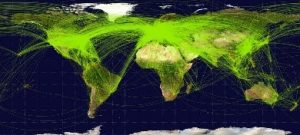
Format: Oral & written projects, discussions, lectures, no exams.
Notes: No course fees, class held on main UF campus.